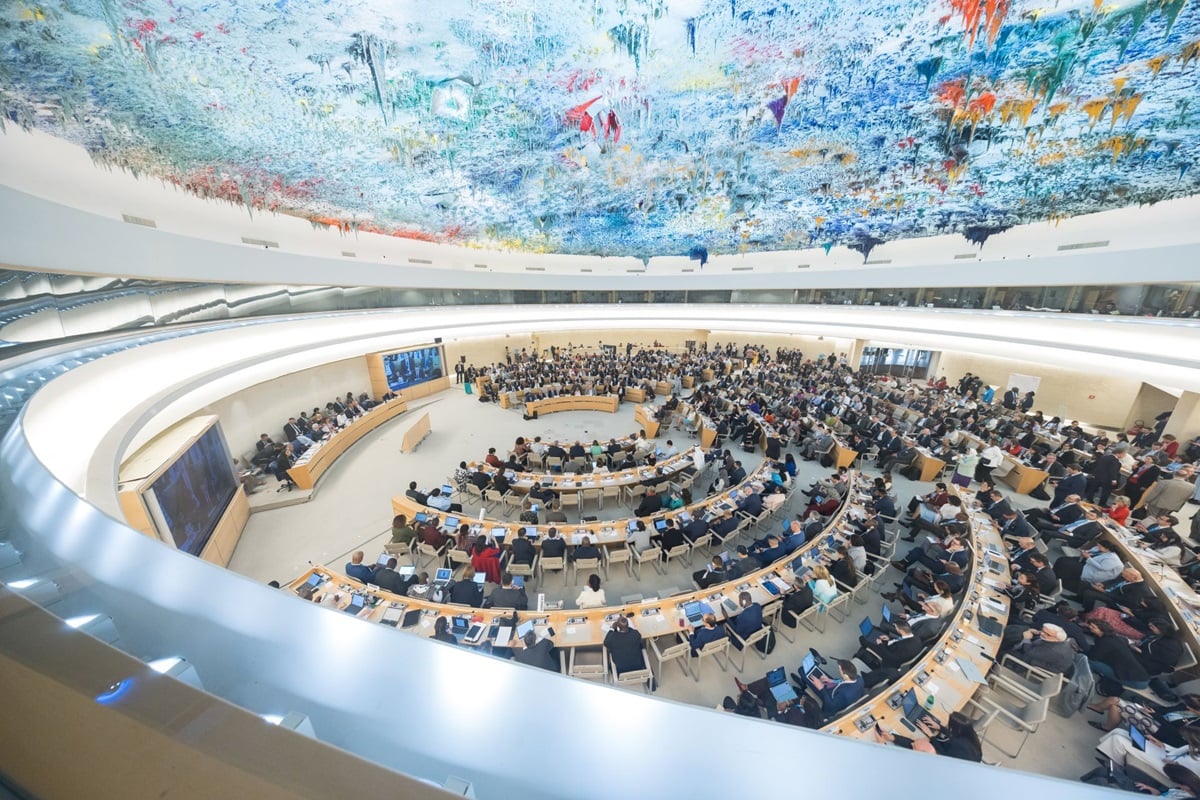Level Up Humanity: WHO Just Rolled Out the Ultimate Pandemic Endgame
Imagine a world where pandemics are less about chaos and more about coordinated action. Where everyone, regardless of where they live or what they earn, has access to the vaccines and treatments they need. Sounds like a cheat code for global health, right? Well, the World Health Organization (WHO) just pulled it off. They’ve inked a historic Pandemic Agreement, a game-changer that aims to make the world a safer and more equitable place when the next global health crisis hits.

Promoting Transparency and Data Sharing: Understanding the Importance of Open Information in Pandemic Preparedness
The WHO Pandemic Agreement recognizes that timely and transparent sharing of information is crucial for effective pandemic preparedness and response. During outbreaks, rapid dissemination of data on disease trends, genetic sequencing, and clinical outcomes is essential for informing public health interventions, accelerating vaccine development, and coordinating global response efforts. The agreement emphasizes the need for countries to establish robust surveillance systems, share data openly and promptly, and collaborate on data analysis and interpretation.
Open data sharing can help break down information silos, enabling a more coordinated and effective global response. A prime example is the Global Initiative on Sharing All Influenza Data (GISAID), a platform that facilitates the sharing of influenza virus genetic data. During the COVID-19 pandemic, GISAID played a critical role in tracking the evolution of the virus, identifying new variants, and accelerating vaccine development. The WHO Pandemic Agreement aims to build upon such successful models and expand the scope of data sharing to encompass a broader range of pandemic-related information.
Implementing the Agreement: Challenges and Opportunities
Navigating National Sovereignty
One of the key challenges in implementing the WHO Pandemic Agreement is navigating national sovereignty concerns. Countries may be reluctant to cede control over their health data or to adopt international regulations that could be perceived as infringing on their autonomy. Finding a balance between international cooperation and national sovereignty will be crucial for ensuring the agreement’s success.
The Path to Implementation
The agreement outlines a phased implementation process. The first step involves the establishment of an Intergovernmental Working Group (IGWG) to draft and negotiate an annex on Pathogen Access and Benefit Sharing (PABS). This annex will aim to ensure equitable access to pandemic-related health products, including vaccines, therapeutics, and diagnostics. The IGWG will also work on establishing coordinating financial mechanisms and a global supply chain network to facilitate pandemic response.
Once the PABS annex is adopted, the Pandemic Agreement will be open for signature and ratification by member states. The agreement will enter into force after 60 ratifications. The process of ratification will involve consultations with national legislatures and stakeholders, which could take several years to complete.
The Role of Gamification
Gamification can play a valuable role in enhancing pandemic preparedness and response. By leveraging game-based approaches, we can engage the public in learning about pandemic risks, promoting healthy behaviors, and fostering a sense of community responsibility. Gamestanza can contribute to this effort by developing interactive simulations, educational games, and virtual reality experiences that allow players to explore pandemic scenarios, make informed decisions, and understand the complexities of global health challenges.
Looking Ahead: A More Equitable and Resilient Future
The Potential Impact on Global Health Security
The WHO Pandemic Agreement has the potential to significantly improve global health security by strengthening international cooperation, promoting transparency, and ensuring equitable access to pandemic-related health products. By addressing the gaps and inequities that were exposed by the COVID-19 pandemic, the agreement can help prevent future pandemics or mitigate their impact. The agreement’s emphasis on early warning systems, rapid response mechanisms, and community engagement can help build more resilient health systems worldwide.
The Role of Citizen Engagement
Citizen engagement is essential for successful pandemic preparedness and response. Individuals can play a vital role in following public health guidance, getting vaccinated, practicing good hygiene, and supporting community health initiatives. Gamestanza can empower players to become active participants in shaping a healthier future by providing them with the knowledge, tools, and platforms to engage in meaningful ways. Through gamified learning experiences, players can develop a deeper understanding of pandemic risks, learn about preventive measures, and connect with others who share their commitment to global health security.
Gamestanza’s Contribution
Gamestanza is committed to using its platform to promote awareness, understanding, and responsible action in the face of pandemics. We believe that gamification can be a powerful tool for engaging people in complex global health issues and empowering them to make a positive impact. By developing innovative games, simulations, and educational resources, we aim to contribute to the collective efforts to build a more equitable and resilient world.
Conclusion
## A World Ready to Play the Pandemic Prevention Game:
This historic Pandemic Agreement, adopted by the World Health Assembly, is a giant leap forward in global health security. It’s not just about better preparedness; it’s about building a more equitable world where every nation, regardless of size or resource, has the tools and support to tackle pandemics head-on. From early warning systems to transparent data sharing, the agreement lays out a roadmap for a future where we’re not caught off guard, leaving lives and economies vulnerable. It recognizes that pandemics are global issues requiring a global response, one that prioritizes cooperation and collective action.
But this agreement is just the starting pistol. Transforming words into action will require tireless effort, sustained commitment, and a willingness to break down silos between nations and sectors. We need to imagine a future where pandemic preparedness is woven into the fabric of our societies, like a robust, constantly evolving game strategy. Think of it as a global “Multiplayer Mode” where every nation contributes its unique strengths, learns from shared experiences, and works together to prevent the next global outbreak. This is a game we can win, but only if we play it together. Are you ready to level up global health security?